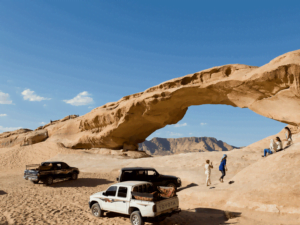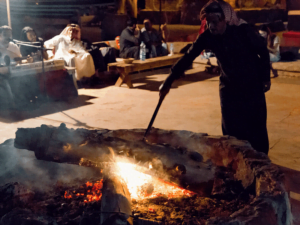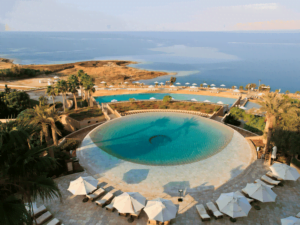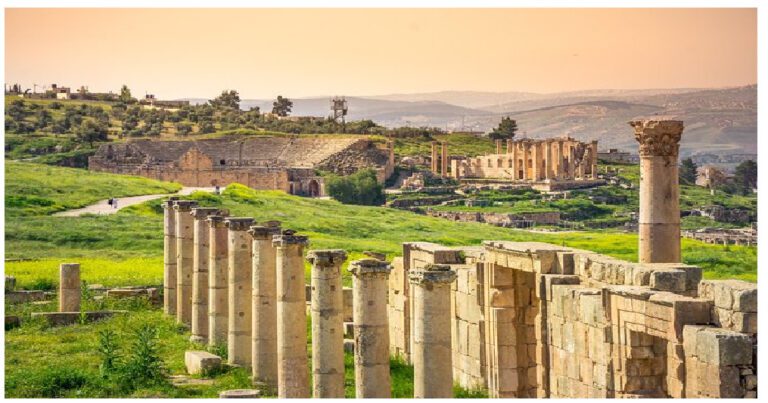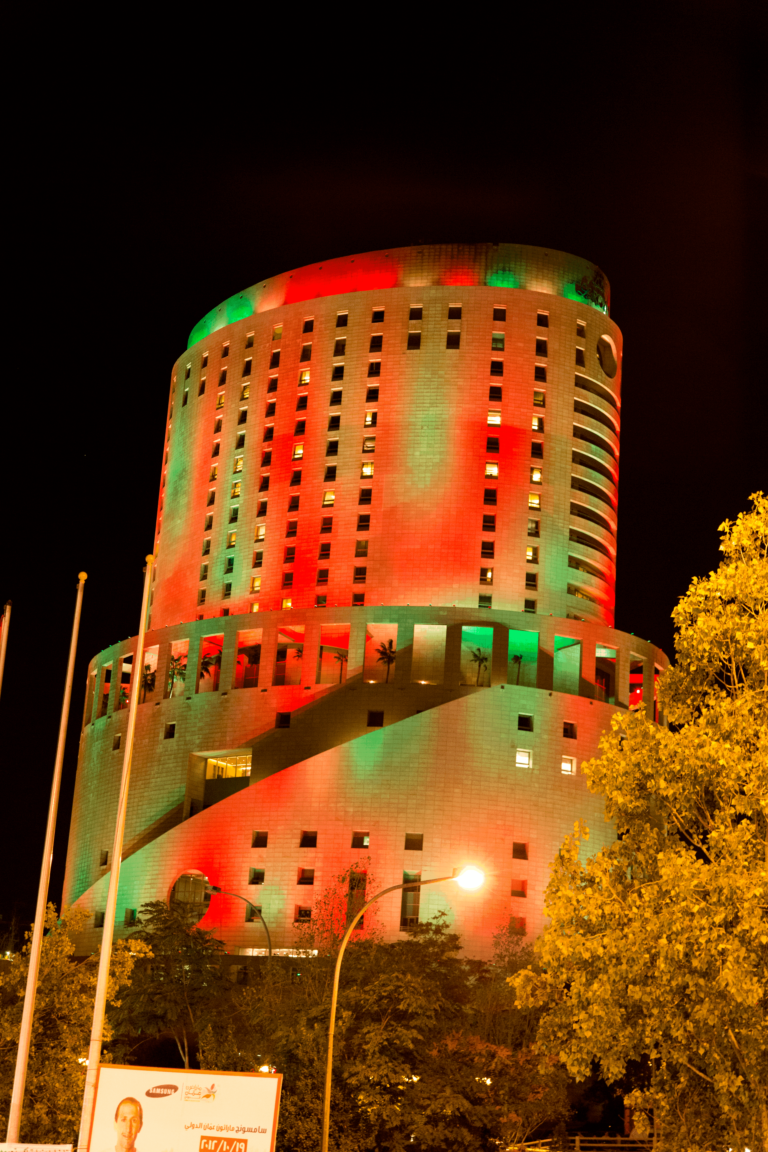Jordan’s Tourist Attractions Must Prioritize Accessibility for People with Disabilities, Advocates Urge
Amman, Jordan – Despite efforts by authorities to improve accessibility for people with disabilities, many solutions remain temporary and short-term, leading to denial of certain rights, such as accessing tourist sites and public beaches, according to activists. Jordan’s tourist attractions, including the Roman Amphitheatre, Amman Citadel, Wadi Rum, Dead Sea, and Aqaba beaches, are largely inaccessible for people with disabilities, requiring assistance or even being carried in wheelchairs. This has sparked a persistent demand from activists for sustainable and long-term solutions to ensure that Jordan’s public spaces can be equally enjoyed by all.
Jihan Swaiti, a 53-year-old human rights advocate who uses a wheelchair due to her disability, expressed her frustration with the lack of progress. “Despite promises by authorities to facilitate movement and mobility of persons with disabilities, provided that it is enshrined in law and should come into effect, we’ve been waiting for so many years,” Swaiti told The Jordan Times. Swaiti emphasized that people with disabilities should be able to visit archaeological and tourist sites independently, without having to rely on others for assistance.
While Petra offers golf carts free of charge for tourists with disabilities, and there is a museum in Madaba that is accessible, Swaiti called for more public restrooms and health facilities equipped for persons with disabilities. According to the Department of Statistics, 11-12 percent of Jordan’s population are persons with disabilities, as per a 2015 report.
The Law on the Rights of Persons with Disabilities Act, Law No. (20) for the Year 2017 guarantees the right of movement and mobility to persons with disabilities in Jordan. The law mandates that buildings, roads, and facilities in both the public and private sectors should be constructed in a manner that ensures accessibility for all, in accordance with the Building Code Requirements for Persons with Disabilities as outlined in the Jordan National Building Code, and any other special standards approved by the council.
Rami Zalloum, a disability rights activist, emphasized that providing accessibility is both a social responsibility and a legal right. “It’s a long-term investment. Persons with disabilities constitute at least 11 percent of the population. We are talking about at least one million potential domestic tourists,” Zalloum added. He further noted that the return on investment in accessibility modifications would be financially beneficial for authorities, especially if Jordan earns a global reputation for accessible archaeological sites. Prioritizing accessibility in Jordan’s tourist attractions will not only ensure that people with disabilities can fully enjoy the country’s rich cultural heritage but also benefit the economy by attracting more tourists and boosting the country’s reputation as an inclusive destination.

